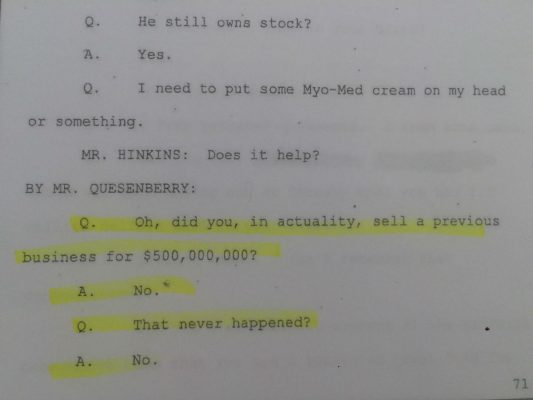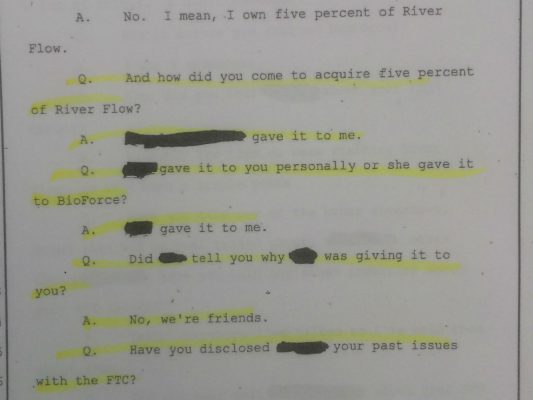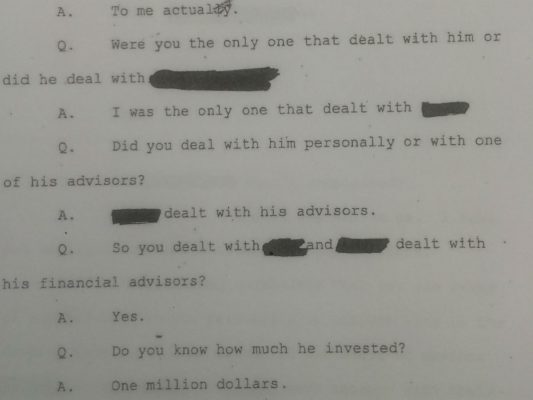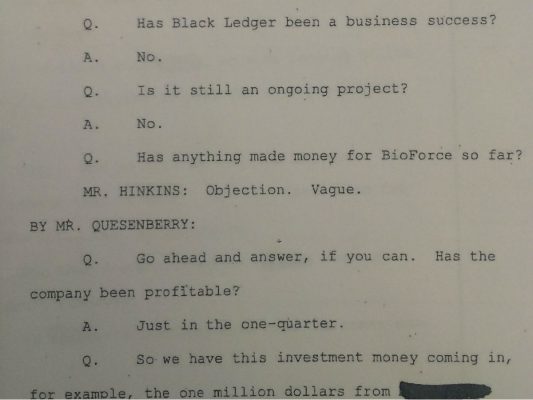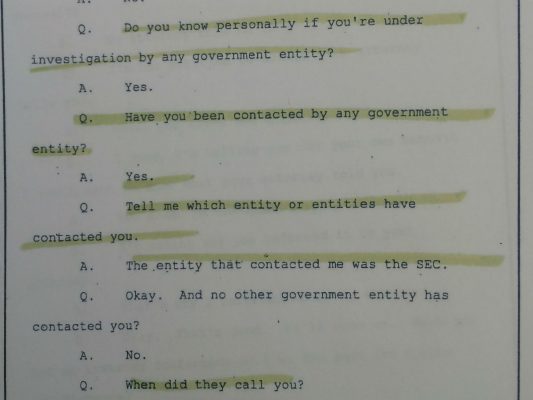Tom Brady’s Guru Alex Guerrero Lied about Selling a Company for $500,000,000

Photo via AP
According to a new document obtained by Boston (see below), Alex Guerrero—Tom Brady’s best friend, body coach, and business partner—admitted under oath that he lied about selling one of his companies for a cool half-billion dollars.
And that wasn’t all. He also lied about who he sold it to, and what he did with the money. In the course of testimony he gave in 2011, Guerrero said he lied to “several people” [p. 61] by telling them he’d sold that previous business—for $500,000,000!—to Virgin Atlantic [p. 62]. As part of the same lie, Guerrero also claimed he’d shared $200,000,000 of the proceeds with his employees—by giving each employee $1,000,000.
That’s just one of the new revelations in documents obtained by Boston from a records request to a Massachusetts licensing board. As part of our ongoing investigation into Guerrero, Tom Brady, and their partnership in TB12 Sports Therapy Center, a new story published yesterday by staff writer Chris Sweeney reveals that Massachusetts’s Division of Professional Licensure investigated TB12 in 2013, prompted by a tip that Guerrero was investigated in Utah for practicing massage without a license. The DPL established that Guerrero held no licenses overseen by the DPL’s Board of Allied Health Division (and Boston determined independently that he doesn’t hold a license from the Massage Therapy Board). The DPL heard testimony from a New England Patriots employee who said he witnessed Guerrero “perform soft tissue massage on New England Patriots players at the team’s facilities.” But after a 14-month investigation, the DPL ultimately took no action.
The records of the DPL’s investigation include a transcript of Guerrero’s deposition in a 2011 Utah case we first wrote about last October. In that story, we revealed that Guerrero had twice been sued for fraud. “According to one lawsuit,” we reported, “Guerrero wooed investors with claims that Brady and other athletes had a financial stake in the company, and said the company would benefit from the endorsement of Brady and a new line of cosmetics marketed by his wife, supermodel Gisele Bundchen.” Both cases were settled out of court.
We’re including the full 150-page deposition below. Most of the names in the deposition are redacted, but the transcript provides many new details about the complicated inner workings of Guerrero’s businesses, including BioForce, the company at the center of the lawsuit.
Among the highlights:
- No, Guerrero had not actually sold a previous company for $500,000,000 [p. 71]. In fact, before founding Bioforce he’d twice filed for bankruptcy [p. 68]. And at the time he started BioForce, he owed money to the IRS [p. 73]
- BioForce was “given the [exclusive] rights to distribute” a skin-care line called Sejaa [p. 80]. On its website, Sejaa identifies the founder of the company as Giselle Bündchen. Guerrero also mentions that he owns five percent of River Flow, Sejaa’s parent company. How much did he pay for that five percent? Evidently, nada [p. 85]:
- One passage that will draw some attention will be the guessing game over who Guerrero’s [redacted] million-dollar investor is. Here’s what we know about that person: He or she invested after BioForce was already started. That person spoke directly to Guerrero about investing in the company. That person dealt only with Guerrero, although a separate BioForce person dealt with the investor’s “financial advisors.” [p.48] Let’s everyone start holding this page up to the light, shall we?
- Although Guerrero started BioForce as a company to sell a pain-relief cream called MyoMed (which later changed its name to MyoNatural), the business soon branched off into unrelated realms such as real estate [p. 52] and a venture called Black Ledger, which involved “the brokering of [apartment] renters for—to incentivize renters to pay their rent on time.” [p. 47-48]. It was not a success [p. 51].
- There’s also one tantalizing exchange that’s never been reported. Asked whether he was under investigation by any agency, Guerrero responded yes: He’d been contacted by the Securities and Exchange Commission. It’s unclear why the SEC was interested in Guerrero, and Guerrero says he never spoke to the SEC. (We reached out to the SEC for comment; we’ll update if and when they respond.) [p. 77]
READ THE FULL DOCUMENT: Alex Guerrero’s 2011 deposition.
